In this week’s episode of More than Footy presented by Bing Lee, Jarred Hodges our Sydney Swans Indigenous Strategy and Player Development Manager talks us through Marn Grook, the importance and relevance of Welcome to Country and his humble beginnings.
For all the latest Sydney Swans news and videos head to https://www.sydneyswans.com.au/
Subscribe to our channel https://www.youtube.com/user/sydneyswansofficial
Hello and welcome to More Than Footy, your official Sydney Swans podcast brought to you by Bing Lee. I’m Tom Chadwick. I’m Kaylin Skolari. Chhatty, big night on Friday night. Yeah, great win over Carlton, wasn’t it? Great and a great uh I guess occasion for the indigenous community here in Australia with the start of Sir Doug Nichols round and Mbrook of the SC. Did you enjoy it? I love Mook round. It’s probably my favorite round. What was your highlight of the pregame in particular? Ooh. Uh, I was on field with the Go Foundation. So, being on field, being in the thick of the ceremony was very cool. Really enjoy that. I think the our events team um and SCG do a great job of celebrating the culture. Yeah, it’s a great spectacle, isn’t it? Speaking of a great job, we thought we’d bring in Jared Hodgers, who is the leader of our First Nations strategy here at the Sydney Swans, which is of course a huge element of our club. Jared, thanks for joining us and welcome. Thanks, Chad. Thanks, Caitlyn. It’s great to be here. May just tell us about your job at the Sydney Swans and what it entails. Yeah, it’s um when I started back in jeez 20 22 um it was bit of a blank canvas to be honest obviously um post um you know other stuff within the game. The the the AFL has has mandated that all clubs have a first nations player development manager. Um but here at the club they wanted a little bit more and um so from that it’s included our strategy. So um what that means I’ll probably break it down into three real key areas. It’s it’s the the cultural governance of our club. So it’s it’s how we across our whole organization through our departments. Um how we embrace and work with First Nations people and communities. Um and everyone plays a role in that in our organization. Uh then there’s an engagement part which um obviously um heavily involved with community uh also setting up our first nations academy which has become a real pillar of our organization and we’re getting some really meaningful outcomes both on and off the field there and then it’s dayto-day working with our players. So I was fortunate in my first uh three years to work with uh to work with Bud um and and build a relationship there. You still recovering? It’s funny you say cuz we we just had a conversation earlier this morning. So, it’s working with Bud, but it’s also working with our um with our 18 other past players and so we’ve built a really strong little community there, a little WhatsApp group and everyone’s engaged and uh and connected to the club and um that’s brought a lot of joy for some of those players who um might not have had um a you know a great experience or a great ending as as it happens in in a footballer’s career. So, uh, to have all those guys connected and and to see what it means to them is is pretty pretty positive, pretty good. And last week within your role, you organized for the whole of club to go out to the NCIA. Can you tell us what entailed the program? Yeah, it’s an important it’s an important week, but that’s an important um part of the strategy is um providing that safe gateway um I guess for non-indigenous people to to connect with our our community and our culture. Um, Red Fern, uh, Red Fern’s entrenched in in um, this nation’s history really. Um, that, you know, so many great things have have come out of Red Fern. Um, you know, things like it was the the start of Aberiginal Medical Services. So, Red Fern had the first AMS and they celebrate 53 years this year. Aboriginal Housing spun out of out of Red Fern and um, they celebrate 51 years. So um that community is I guess a real pillar. Um things like the late u uncle Charlie Perkins um came to Sydney, studied in Sydney and and it was from again from Red Fern that um the freedom rides and um many other things in in this nation that um around inequality uh has come from. So really important for our club and our people in our club to get into Red Fern um and um you know I guess meet meet some of the community there. Also such a great venue that at the uh um National Indigenous Center of Excellence. So it was a it was a cracking day. We uh the players were there all day doing football and then the the rest of our uh organization come across. It was the first time I think it’s the first time in our history that we’ve had men’s, women’s, all staff all together. It was bloody unreal. What’s your favorite part about that day? Um we just for those that are listening and watching, we we went there as an entire club. We essentially split up into four groups. We did some indigenous dancing. We did a cultural session where we um were taught how to make fire from scratch. What when you watch on because you would have no doubt um hosted a lot of those sessions. What do you get the most joy out of seeing non-indigenous people learning about your culture? Well, there’s two parts. But I think is the part for us as First Nations people and and Uncle Shane Phillips who’s the CEO of Tribal Warrior um and is really uh is a pivotal leader within the community. um in his session, you know, he he spoke and I this statement will stay with me for a long time, but it was um along the lines of, you know, we see you and we hold the Sydney Swans in high regard and by us being there um we acknowledge now that as a club that you see us and I think that’s really really powerful um that our people are feeling via our actions as a club are feeling part of our club and and valued. So I think there’s that and then and in going around um to the various groups and just seeing how it brings our whole organization together. So men’s, women’s um the go foundation, our commercial corporate staff, uh communications team, everyone’s just in there and there’s just different smiles, different conversations which we don’t always get cuz often um our departments are quite I guess busy and and and outside of our dining area where you get to to to knock about with each other. It it just created that space outside and um some people were a little bit unhinged and and and got right into it, but it was fun. What was your favorite part of the day? Uh I liked fire making. Yeah, I Yeah, I got the fire going for our group. I was very terrible. I didn’t mind the dancing. I blamed I blamed the fact that the straw was a bit damp, but I’m not cuz one of the hosts came in and did it straight away. We even did it without one of um uh the hosts there with us. So we were great. Shout out Braden Campbell BJ. Yeah. Okay. It was probably from his time up in Madden Greater which we’re going to get to. Yeah. It was funny the fire making. I was having a conversation with um with Tom and um you know there was a group that were struggling and and so we leaned over to the W girls who had already lit fire and we said girls get in there and coach. And Tom said well hang on they are our coaches that were actually trying to light fire and we’re struggling. So, it was great seeing uh seeing Ma and uh and Mont really struggling and uh to get it going, but they did they showed the perseverance to get it get it happening. Jared, as we mentioned off the top, uh we’ve got a double weekend of Sir Doug Nichols round. Um fantastic spectacle on Friday night pregame. We take on Melbourne on Sunday this weekend for the second weekend. What brings you the most joy out of Sir Doug Nichols around? I know we’ve got a lot to work on, a lot to do in this space, but what do you find so memorable about it? Um, this this year, um, we’re fortunate to have a contingent of leaders from Men and Greer. So, our work, uh, with men and greeters is just is is ongoing. And, and I guess that’s probably what I’m most proud of is how we’re moving away from those transactional relationships probably of the past where, oh, we got so Doug Nichols, let’s just get a welcome, let’s get a performance. Um but the people we engage now, we have genuine relationships with them and um they feel connected and part of our club. So that’s that’s what really um I guess really makes me smile is seeing our guests local whether it be from Red Firm, from LA in particular, our two most uh closest uh communities, but then with Manita and seeing staff like you know both yourselves and and chatty you got to have a yarn with some of the gang from Manita from a couple of years ago and that meant a lot that meant a lot to those to those people and they just walked away going this is genuine. Yeah. you keep mentioning man and greeter but maybe you can give a brief overview of the trip last year. Yes. So we were able to under um the tackling indigenous smoking uh health banner from the federal government were able to secure um some money to to make it a long-term commitment. So we’ve got a commitment for 3 years of where we’ll take um our organization uh into men and greeter for a week where we’ll do a lot of uh health activations and work with uh the local aberiginal corporations and and in particular Malala Health uh the health service there that do do a fantastic job um to really spread an important message that around around tobacco. We know cardiovascular disease is a huge killer amongst all Australians but in particular uh our first people and um smoking and vaping is a huge risk factor in that. So men and greeters it it’s it’s a rich and and beautiful place but um there’s some underlying health issues. You know they got the highest incidence of roheatic heart disease in the world and um and and over 50% of that community and through that West Arnham region smoke. So if we can use our platform working with community to make a difference there um and if we can just save one person and prolong one person’s life it’s a great thing. I dare say it’s a generational change. It’s not going to happen overnight but since we went in that first year and we went with Bud which was now that was an experience taking a bud up to Arnam Land who was like the pi piper. Uh have you seen any um positive changes in in the three years that the Swans have been up there? Yeah, 100%. And it’s a in the time that I’ve been up there myself physically, but then it’s also just listening to um you know to the people who do it day in day out. So um the week we’re there um you know I think we had two incidences of smoking and that was it. Um it was just so minuscule. Um so clearly our health promotion campaign and work uh in the community is meaningful and and is working. But then long-term stuff, um, you know, the chairman, um, Charlie, he’s a he’s a heavy smoker, but again, he’s changing his habits, so, you know, and he’s an elder in the community. And so, we’re getting it right across the board, which which is pretty impressive for for such um, I guess, an early relationship, but we’re seeing that meaningful change. And, as you say, it will be generational. It’ll be be uh, it will take time. Um, but uh we’ve now got an ad. We we we filmed an ad. We’ve got an ad that uh that is seen through West Arnham uh on every game. So, it’s going to have around 6 to 700 views uh or sorry, time slots throughout the season. So, just that ongoing messaging and also messaging in language, I think over time we’ll we’ll see some big big changes. That’s very good. Well done, Jared. So good. Um, a little bit of a different topic. There’s been a lot of discussion about welcome to countries, but I was wondering if you could talk us through the importance and I guess the history of what a welcome or acknowledgement to country. Um, yeah, it’s it’s probably a bit of a sore point to be honest, Kaitlin. It’s um uh it’s it’s a bit of a blight on on our on our history really. You know, these things um being welcomed um is is something that’s that’s happened forever. Um, you think about our own homes. Someone comes over, we welcome them into our own homes. Um, and so to see all the the noise around it and um, yeah, it’s really disappointing when when really it’s it’s actually a beautiful thing what what our what our first people are saying. It’s hey, we welcome everybody. Um, you know, it’s a big we come in peace. We welcome you uh to our to our lands. I think where people get stuck is this notion of country. Uh when we talk country, we’re talking sky country, water country, land. Um so it’s this holistic piece that I I think uh a lot of people get hung up on. Um we’re not talking about, you know, broader Australia. Um because our our, you know, Australia was broken up into near 350 different um different clans or or tribal groups. And so um when our when we move around Australia, we’re moving to another person’s home. Um and so to be welcomed for me, I think it’s it’s a beautiful thing. Uh I just think there’s a a larger piece of education that just has to keep happening across across our country. And um you know, we do have the oldest living continuous culture and it’s something that we should all be proud of. Um and and and hopefully we can get to that point with um and walk together as we as we keep moving forward. Jared, what about your own professional background? Tell us about how you landed at the Swans. I understand you got a pretty fascinating story yourself. Um tell us about how you landed the Swans in terms of a professional background and some of the experiences that you’ve had in um high ranking sport, if you will. Yep. Um probably got to go back to the start. So you I go right back to where um you my nan and pop and and where our people um originate from. So from a small little um town called Bolan in in southwest Queensland. So that sits in Guamu country and and and they were raised on the Yumber there on the river bank and really humble beginnings with just the red earth and and um it was actually kerosene tins all tied together as a home. Um so really humble beginnings. Uh family have always worked um on the land as stock people and stuff. So dad moved around um as as nen and pop were were sourcing work in in you know station hands and cooks in shearing sheds and and a range of things. But they landed in Sydney and and we were raised out um out in Western Sydney um schooled out there and everything like that. And my my big thing that probably drove me um I’m I’m one of four, got two brothers and a sister. And probably the thing that set me probably apart to to my brothers and sisters is is sport. I was always passionate about sport. And sport helped me make some and and people within that um helped me make some really great decisions. And I want to give a shout out actually. It’s um one of our AFLW players, Brena Tarant. her uh her grandma and and and grandfather um were really influential with me u growing up coming and picking me up and uh grew up with um with Brena’s dad and I had no idea about this and so um you know they played a massive role in in shaping me as a man and um you have a special connection with BT as a result fascinating yeah we’re we’re close I saw her when she was born she I held her in my arms when she was you know got goosebumps a little was born. So, u I want to give a shout out to them cuz you know they were massive in my life and and so I went on to uni, end up becoming a PE teacher. I taught for um taught for 18 years and then sought uh another opportunity, went into higher education at Western Sydney Uni, spent some time there. Uh unfortunately funding um ran out for that program. We had some huge success. we from that program it was uh I worked in do and Ba’athist and and Western Sydney and it was around um the wording was really deficit and I didn’t like it cuz it was saying to raise the aspirations of first nations kids but our kids have huge aspirations and uh and um what I did was support them and so from that program we ended up with four doctors um we’ve got three lawyers bunch of teachers and and so it was a small program in two and a half years that we’re able to provide um mentor ship and support around that that help those young people um fulfill their and their goals. Um and then all the way along again sport sport has this theme. So I was always coaching coaching cricket in the community but I was also heavily involved in coaching rugby and um I was fortunate enough having come through the the school’s pathways and also with the Lloyd McDerlin which is the national indigenous rugby program I was able to um I guess grow my skills and and reputation. I coached in Shoot Shield. We won a premiership at Eastwood and then I was offered an opportunity to um be the assistant coach of the Aussie men’s sevens team. And so that saw me travel the world. We had a World Cup in San Francisco. We comwalth games, homecom games. Um we won Sydney. Um and and it was huge. Um and then post that uh the head coach changed. Uh I went into a similar role to what I do now really but within rugby which and I and I set up the first nations rugby program which saw me travel something around like 25,000 KS around the country and went to over 90 communities and um we we chose a national team and and were able to tour and play locally but also internationally and then co hit co hit and um unfortunately like many in sport I I found myself um redundant and I went back into uh casual teaching. I actually picked up a role also as a delivery driver. Um and and it was funny. It was I really enjoyed that period of time in my life actually cuz and and it just gave me some time to and some clean air to to freshen up. Uh and then as I was doing one of my deliveries, I got a call from Damian Raper, who’s head of medical services, who was actually my physio when I was head coach of the Philippine national team. Um, and so Damian said, “Hey, Audrey, we got a there’s a role over here if you’re interested.” And the rest is history. The rest is history. Near five years later, here we are. So, yeah, pretty diverse. I I guess I bring a diverse skill skill set from from education to co head, you know, to coaching, high performance, but then also so many years within community. And, um, I try and bring that every day. You love sport. Who’s your favorite First Nations athlete? Um probably hard to go past um from and and I haven’t had too much to do with her but you know Kathy Freeman um Sydney 2000 20 odd um and and what Kathy did leading into to that and then to handle that pressure and to um and to win that medal and unite our country, you know, it was it was a really inspiring evening, I I think everyone at that time can can recall where they were. Um, so I think I think Cath Kathy’s been amazing from from a pure talent. Um, it’s hard to get past the Mundine family and I think Uncle Tony Mundine had 96 professional fights and won 65 by knockout. He had he he’s the only uh Australian to hold um four belts, four Australian titles across four different divisions. And then obviously son Anthony forged his own career and so um you know pretty pretty talented family there. Pretty incredible. And then and then you move into the footy ranks and there’s just so many you know and Goodsy and Mick here uh and Bud lead lead the lead the way there. But Lewis Jeda he was incredible. So how do we get more Goodsies and Mickey and Buds and Lewis Jeda? I know you’ve got a significant role with the First Nations Academy. just tell us about the initiative there and and how we get more indigenous talent to the top level. Yep. Um like AFL is unique in our country in terms of its its system. So the draft it’s the only sport in our country we know overseas it happens and works. Um the draft is very unique here in our country. So um you know we have our zone and and ours via our academy obviously goes up the east coast of Australia up to Coffs Harour down to Shell Harour. Um in New South Wales you know it’s changing and it’s changed a lot but um AFL still I guess it’s not first chosen sport by many um as opposed to some of the other footy coats. As I say that’s changing when I grew up you couldn’t see the four sticks on any field. in fact out west. I remember the council put them up and and four times they were ripped down. It was a real turf war. But um thankfully we’re seeing that change and I guess my role is to um is to provide our kids with choice. So that’s why we set up an opportunity. That’s why we set up the First Nations Academy. Um in when I first started there was only seven um seven players out of 700 in our KB Swans Academy who identified and and I knew and I just know there’s so much more out there. It was just providing a safe access and opportunity for our kids. We’ve been able to do that um over 3 years. Um we’ve seen year-on-year growth from 150 to 200 to 250 this year. Um it’s a program based with its foundation around mental health, which is obviously topical with the news over the weekend. And I just want to um pass on my condolences to the Swood family. Um I I I haven’t I don’t know the family but um there’s plenty within our club and obviously our head coach having played um um with both boys. So just you know we know mental health is important and again unfortunately for our first nations people and um for our youth we have the highest incidences of youth suicide um you know in in Australia. So, um, this program plays a huge role in in hopefully changing some of those statistics and we use footy as the vehicle. So, it’s, uh, it’s a big job. We got five hubs up there at Cross Harbor, Port McQuary and Kempy, Central Coast, Sydney, and Shell Harour. Um, it’s a big job, but our communities are really leading the way. The community coaches at each hub are the are the real heroes and leaders of of our program because they have that constant contact with our kids. Um and so they’re doing an amazing job and now as a result of all that work we’ve got um just on 90 First Nations players in our mainstream academy. So long story short chat what we’ve got to do we’ve got to grow our own. That’s the bottom line. Um I think the last 3 years the draft numbers of first nations players has has dropped significantly. maybe 3 years ago. I think I think it’s gone four then three players then only three players last year and um the numbers don’t look great again this year. So from a national perspective we’re seeing um at the elite level elite level we’re seeing our numbers drop. Um but we’re really changing that because we’re seeing our numbers grow and so it’s going to take time. I think in the next 5 years we’ll have um three first nations players drafted from our academy. In fact um we had two girls in the under 16s um be acknowledged this year and one made the Australian merit team. So the talent is there. Um we’ve just got to keep nurturing it. Very good. I get the honor of maybe the last question, but how good is our indigenous Gernzie this year? Yeah, Jordan. Yeah, Jordan. She did an amazing job. Does look good. I think it’s my favorite out of all of them. Yeah, she did an amazing job and and the story of connecting um her community as a bugle artist connecting the Laparoo’s community and the um Buri Buri the whale story with our club um is is pretty powerful and um she’s acknowledged all you know her ancestors but our past players our our past staff who who have been on this journey for over 150 years and our move from South Melbourne to Sydney um to depict all of that history and rich history on uh on one jumper is is pretty powerful. Well Jared, as we mentioned off the top, Sir Doug Nichols Fortnite in the AFL is always a fantastic period and and one to celebrate our First Nations community. Um thanks for coming on and enjoy the game against the D’s this Sunday. Hopefully we get another win back to back. We’ve actually got a tremendous um Sir Doug Nichols record. I don’t think we’ve in my time here we haven’t actually lost a game. if I’ve ever seen it. I’m asking our club if we could have mangro all all week round and uh we’ll be having flag after flag. Thanks. Appreciate your time. Thanks. Hi, I’m Jasmine Lee and Bingley is proud to be a sponsor of the more than footy podcast. Before I get bounced by dad, don’t miss our weekly Binger deals on now at Bingley. Go the Swanies. Good one, Jasmine. Thanks, Nana.

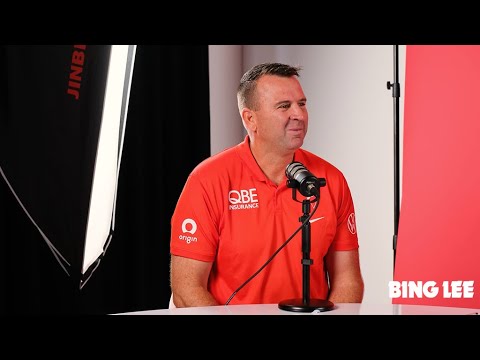
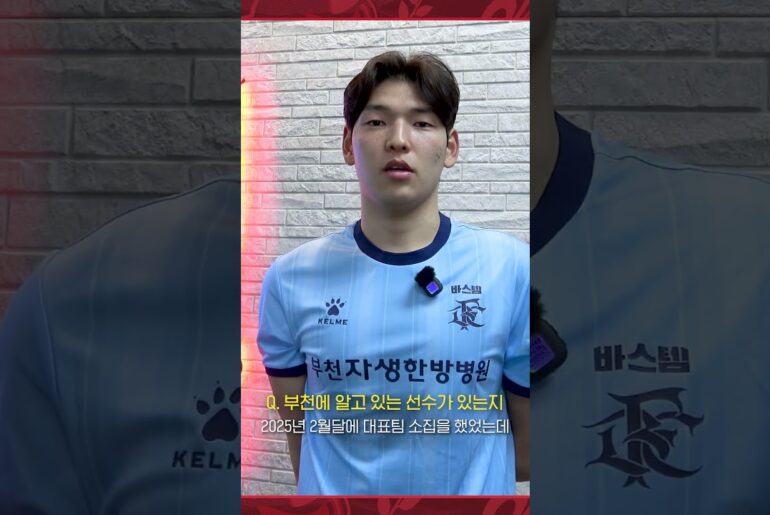
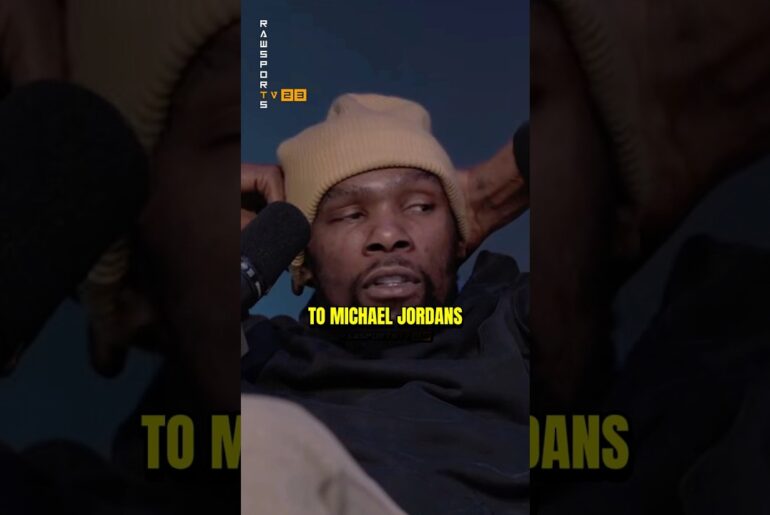
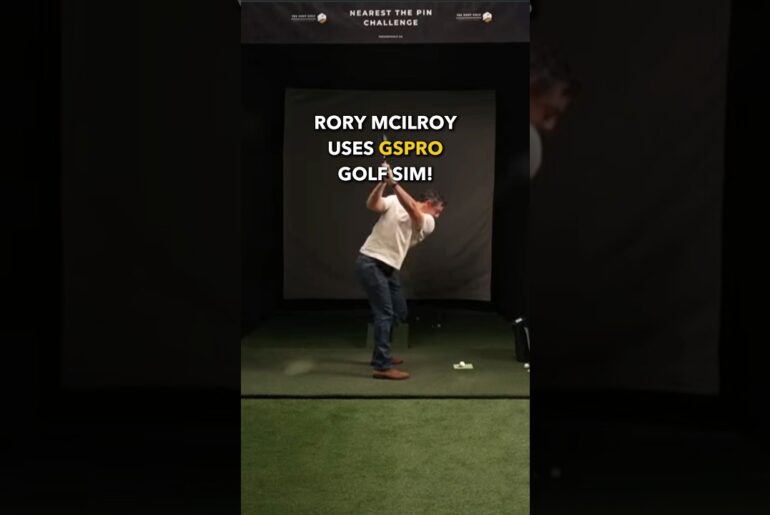
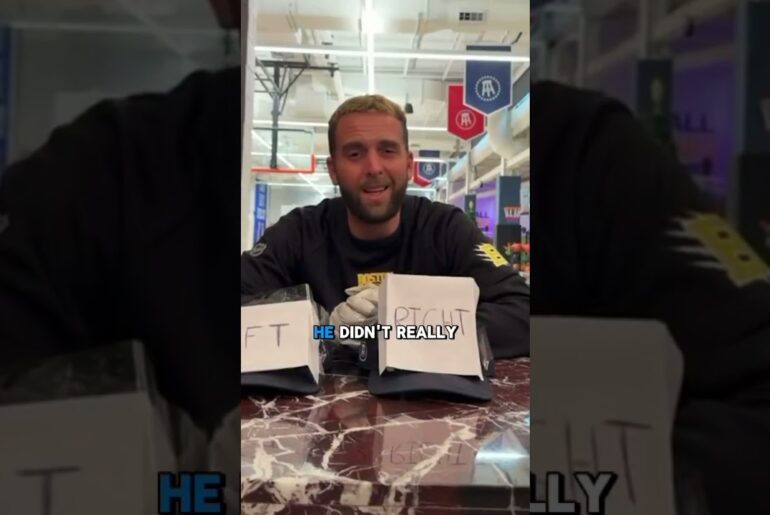
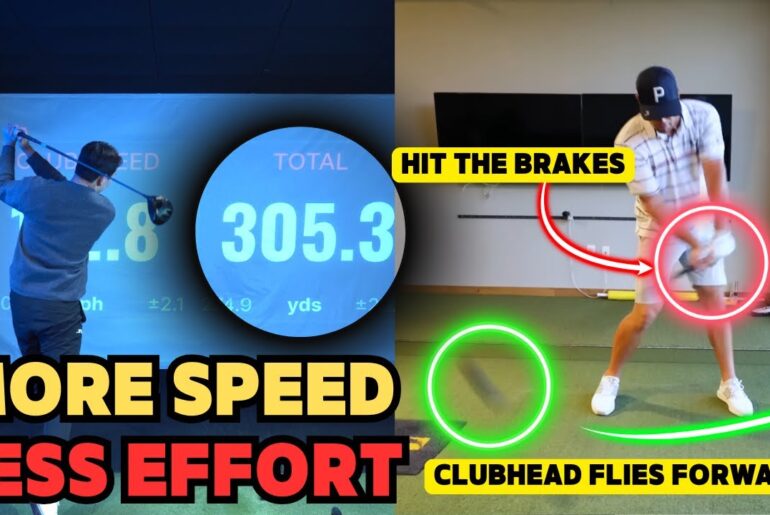
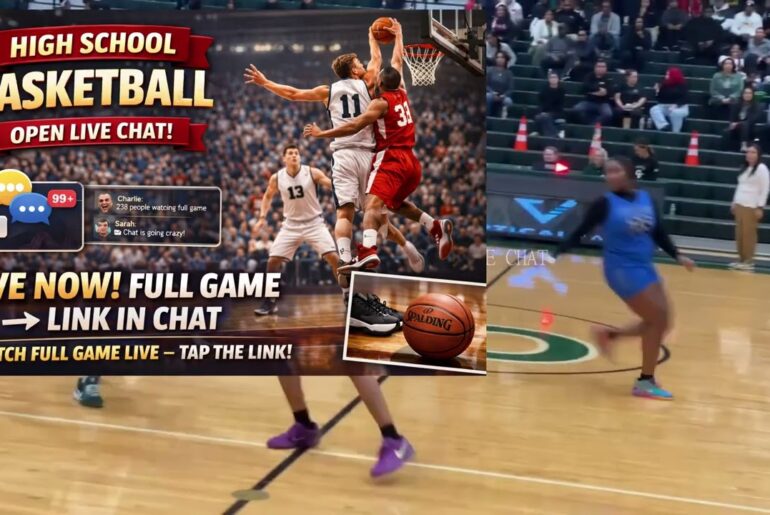
1 Comment
I am lucky enough to be involved as a Swans First Nations Academy coach and I have had the first hand privilege of seeing the work and respect that Jarred has from and for First Nations communities all around Australia. Jarred goes above and beyond and embraces every community as family, wanting to bring out the best in each person he works with. Watch this space as the broader AFL landscape is shaped and influenced by the work that he is doing and the amazing First Nations talent that gets shown a pathway to sporting success, self empowerment and the ability for this to happen in a culturally responsive and safe manner. Massive love and respect for this man! and Up the Bloods 🦢💪🏼